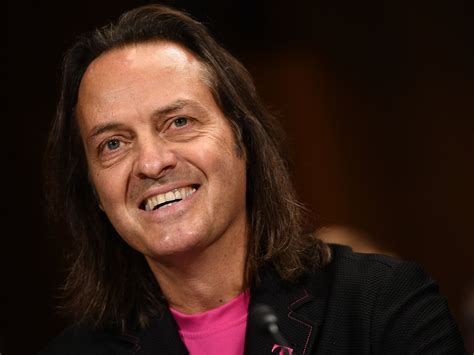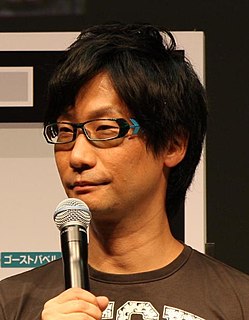A Quote by Chuck Klosterman
Internet porn makes everything more reasonable -- once you've realized there is a massive subculture of upwardly mobile people who think it's erotic to see an Asian woman giving a hand job to a javelina, nothing else in the world seems crazy.
Related Quotes
Does people not asking me about Asian American literature mean they don't see it as its own literary tradition? I certainly believe in it as its own literary tradition, because your race plays a great factor in how you are seen by the world, and how you see the world; the fact that I'm an Asian American isn't incidental to who I am as a writer. Where it becomes difficult is defining what, if anything identifiable at all, makes an Asian American book an Asian American book, other than the fact of its creator being Asian. And I'd argue that there is nothing identifiable beyond that.
On the one hand, then, in the reproductive functions proper-menstruation, defloration, pregnancy and parturition-woman is biologically doomed to suffer. Nature seems to have no hesitation in administering to her strong doses of pain, and she can do nothing but submit passively to the regimen prescribed. On the other hand, as regards sexual attraction, which is necessary for the act of impregnation, and as regards the erotic pleasures experienced during the act itself, the woman may be on an equal footing with the man.
One of the paradoxes that makes the internet such a suggestive place is that, on the one hand, we perceive it as perpetually in motion and changing, and, on the other hand, it has this god-like immortality to it: It seems like it won't die and is not subject to decay, and that everything can be unwound, unlike present-tense experience, where you can't archive the present moment, you can't go back and read it over again. That's the fundamental hallmark of the internet.
I adored you,” North said. “I just didn’t tell you. You were the most amazing thing that had ever happened to me. Nothing else like you in my world before or since. I was crazy about you. I still am. Ten years later you walk into my office and I see you and it’s like the first time, I can’t think, I can’t talk, I just need you with me. It makes me crazy, but now that I’ve got you back . . . You’re everything, Andie. I should have told you that before.
You know how some people are upwardly mobile? I'm sort of downwardly mobile in the publishing world, because of my sales figures and also because of the kind of books I write. Everything really counts on sales. I started out with a bigger press, my first few books. But I've always done some things with independent and small presses and small magazines and I always will.
Let me tell you what I think of bicycling. I think it has done more to emancipate women than anything else in the world. I stand and rejoice every time I see a woman ride by on a wheel. It gives a woman a feeling of freedom and self-reliance. It makes her feel as if she were independent... the picture of free, untrammeled womanhood.
People with eating disorders tend to be very diametrical thinkers – everything is the end of the world, everything rides on this one thing, and everyone tells you you're very dramatic, very intense, and they see it as an affectation, but it´s actually just how you think. It really seems to you that the sky will fall if you are not personally holding it up. On the one hand, this is sheer arrogance; on the other hand, this is a very real fear. And it isn't that you ignore the potential repercussions of your actions. You don't think there are any. Because you are not even there.



































